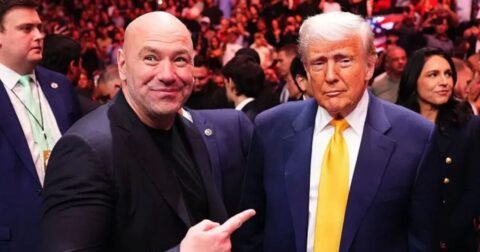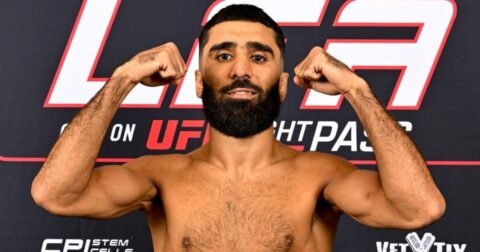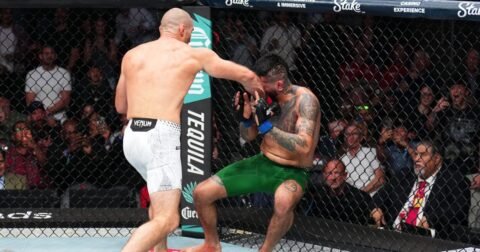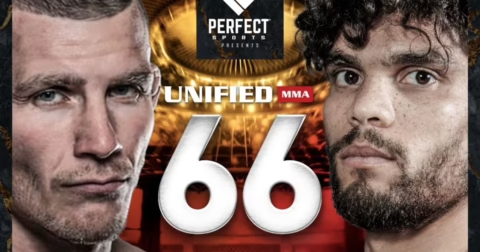The International Federation of Muay Thai Associations (IFMA) has announced a significant policy change, banning the display of the Israeli flag and the playing of its national anthem at all official events. This unprecedented decision was made in direct response to the tragic death of Ammar Hamayel, a young Palestinian athlete and youth peace ambassador who was a respected member of the global Muay Thai community.
The federation’s move is a powerful statement, linking the world of combat sports directly to the fight for human rights and the protection of innocent lives.
A Call for Justice: The Case of Ammar Hamayel
Ammar Hamayel, a promising young athlete, was a symbol of hope and peace within the IFMA’s youth programs. His death in a recent violent incident has sent shockwaves through the organisation. In an official statement, IFMA President Dr. Sakchye Tapsuwan condemned the violence, stating, “When a child, a youth peace ambassador, is killed, silence is no longer an option… This is not just a tragedy—it is a call to action. We cannot stand by when the innocent pay the price of conflict.”
The decision underscores a new era of sports governance where federations are increasingly willing to take a public stand on humanitarian issues that align with their core values of peace, dignity, and inclusion.
New Status for Israeli Athletes: Neutral Individual Athletes (AIN)
The IFMA’s policy is not a ban on Israeli athletes themselves, who are still permitted to compete. However, they will no longer represent their country directly. Instead, they will be designated as Neutral Individual Athletes (AIN), a status also applied to participants from Russia and Belarus. This measure is intended to be a symbolic protest against actions that endanger children, rather than a punishment for individual competitors.
The federation has also confirmed that no official IFMA competitions will be hosted or supported in Israel until further notice.
The Broader Context: Politics and Human Rights in Sports
IFMA’s decision is part of a growing trend of sports organisations grappling with the intersection of politics and human rights. This is a complex issue, with precedents ranging from the Olympic Charter’s strict rules on political demonstrations to historical boycotts of nations during times of conflict.
While some organisations prioritise political neutrality, others are increasingly being pushed by athletes and the public to use their platform to advocate for social justice. IFMA’s action sets a notable precedent in the combat sports world, emphasising that the protection of human life and the promotion of peace are paramount to the spirit of sport. The move also highlights the devastating impact of conflict, particularly on children, in a region where over 60,000 Palestinians have been killed since the conflict began, with nearly half of those being children and women.
What Does This Mean for the Future of Muay Thai?
This is a developing situation, and the IFMA’s Executive Board has stated that the measures will be reviewed based on the “evolving humanitarian situation.” The decision has sparked a global conversation about the responsibilities of sports federations and the role athletes can play as ambassadors for peace. The case of Ammar Hamayel and the IFMA’s response will likely influence other sports bodies as they navigate the challenges of promoting fairness, dignity, and human rights on a global stage.







